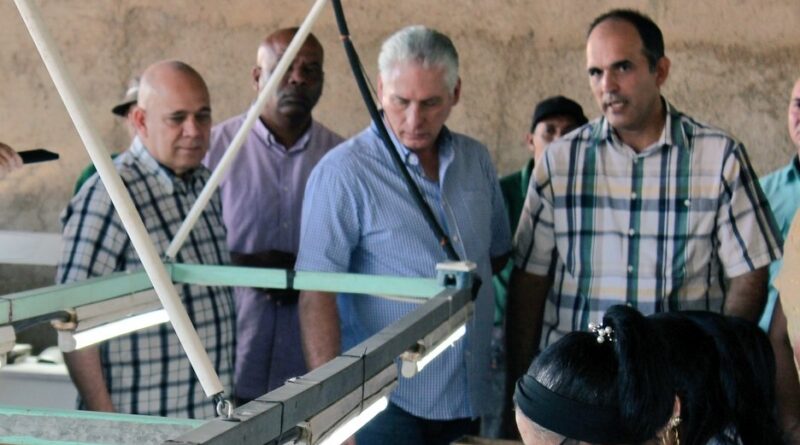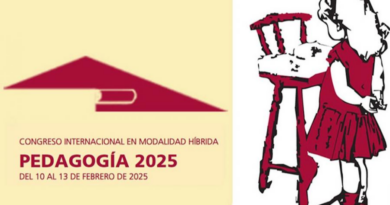Cuban president visits productive centers of Santiago de Cuba
The president learned that this center could not fulfill its plan of six million fingerlings, due to the poor condition of the ponds.
The Presidency of the Republic posted on its X profile that considering the negative situation, the Farm’s workers proposed to change their social target temporarily, from fattening fish to raise fingerlings in order not to stop production and protect all its 15 workers.
As part of its recovery, as an alternative, the center uses the breeding of amur catfish, which feeds on forage and reaches one kilogram in weight in just over a semester.
The Farm is carrying out an extensive investment process that covers all its 14 ponds, four of which have already been completed.
After meeting with workers, the president indicated that after the investment is completed, and fish fattening and fingerling planting are stabilized, it will contribute to feeding the municipality.
“When we return here this will already be producing,” predicted the president, who also visited the coffee and honey processing plants that belong to the companies BioCubaCafé and Apicuba, respectively.
The Cuban-Italian Joint Company BioCubaCafé was created recently and is the first business with foreign investment by the Agroforestry Group of the Ministry of Agriculture.
According to the first vice president of the institution, Alexis Romero, the company processes organic and conventional coffee from 11 producing companies.
Meanwhile, the Contramaestre Honey Processing Plant processes the productions from beekeepers in the eastern provinces.
During a meeting with the company’s workers, Díaz-Canel reflected on the Plant’s possibilities of becoming a micro, small or medium-sized state-owned company in order to streamline production processes and benefit employees.
The head of State also urged to diversify the packaging of the product in small format presentations.
Since the beginning of the year, the Cuban president has made several tours of the country’s municipalities to check work priorities and reach territories with difficulties and contribute to their solution. (Take from Prensa Latina)



